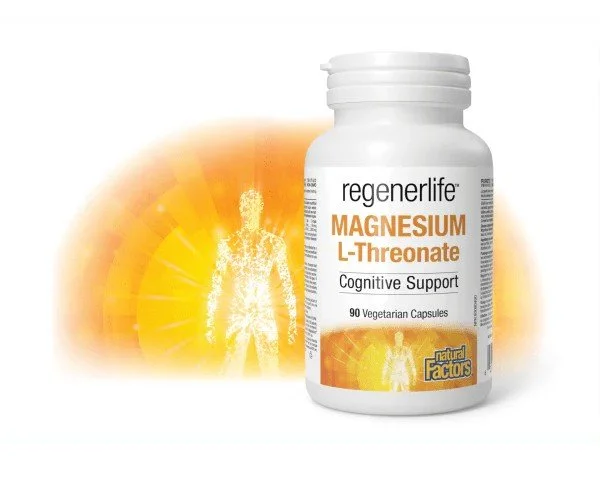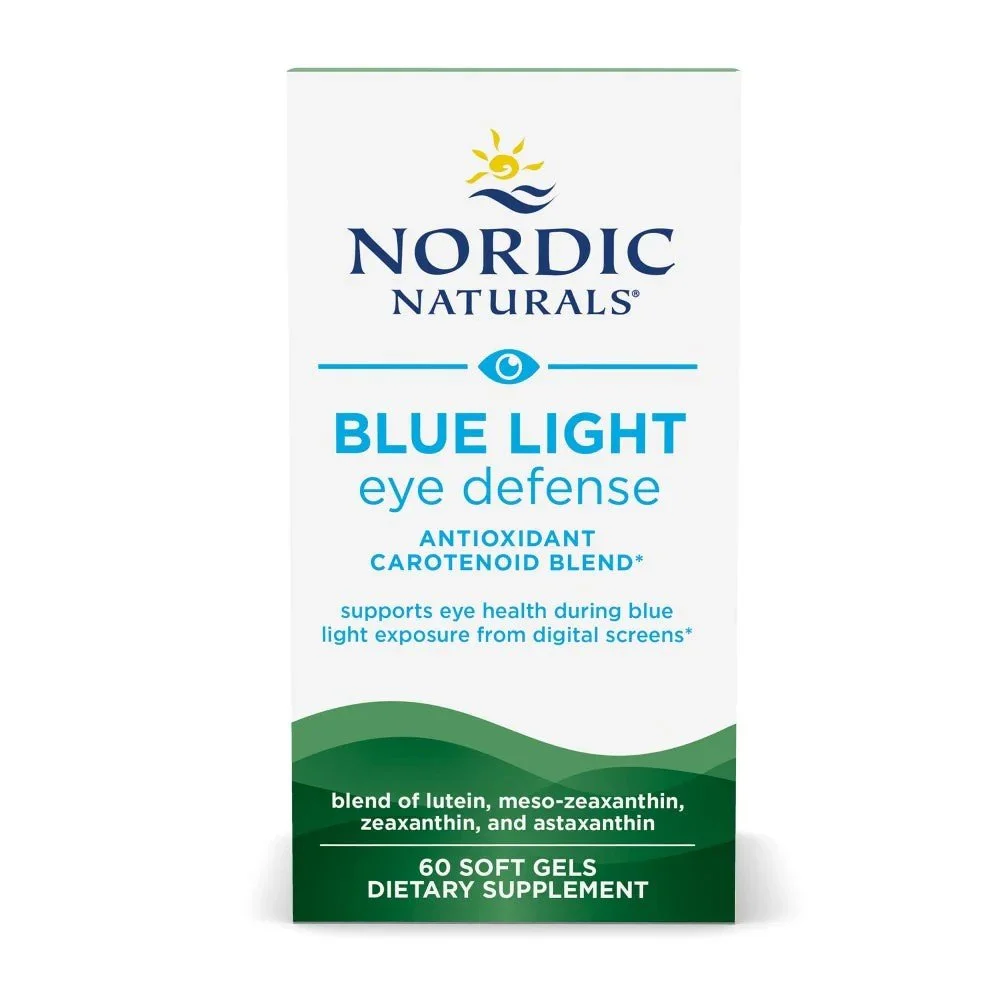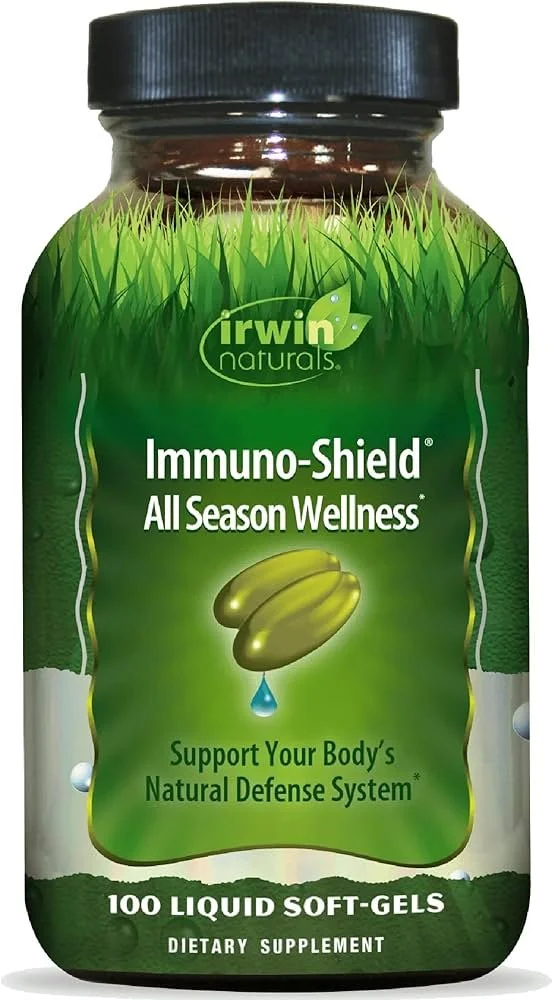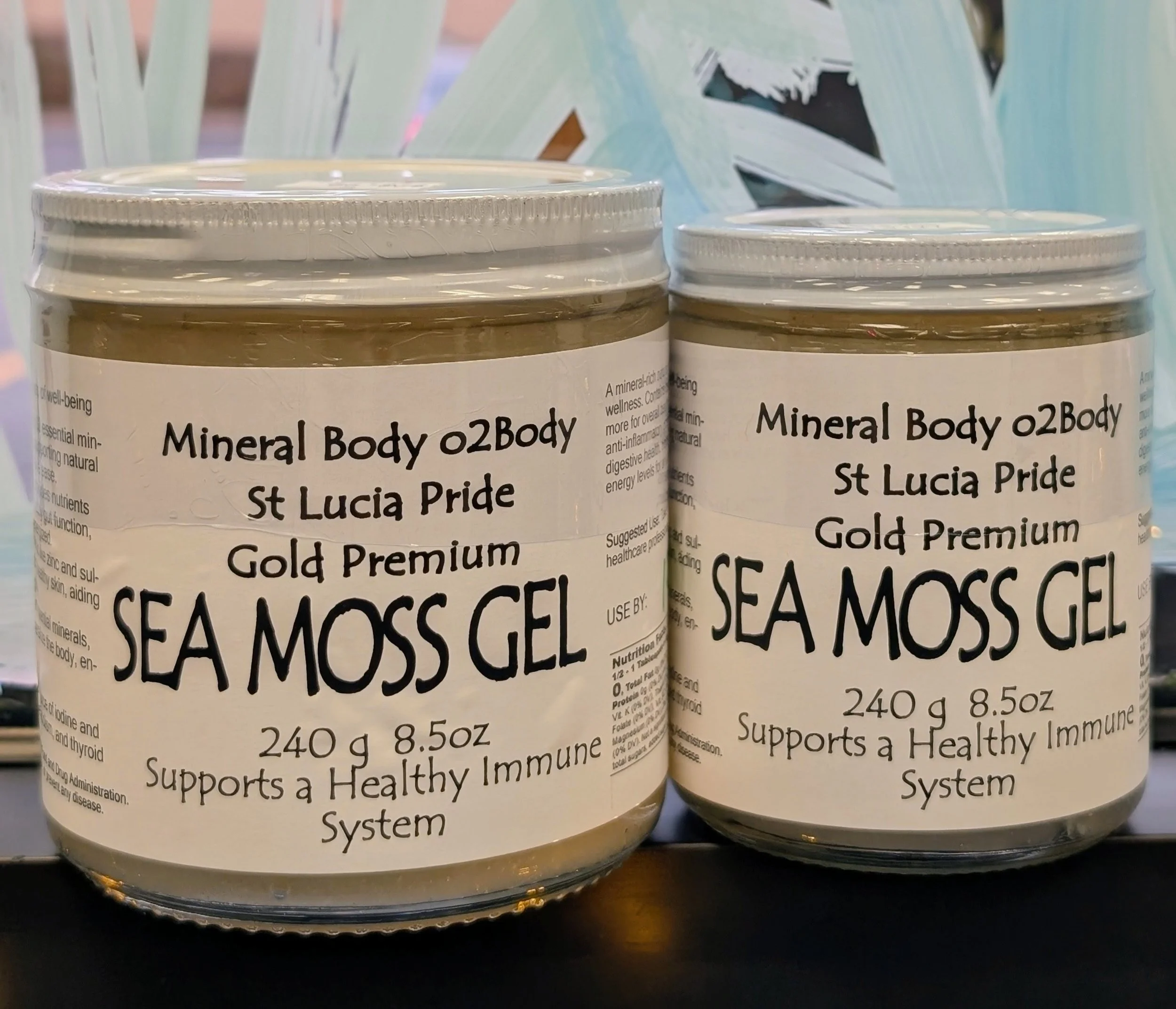I know I've been writing a lot about bone health lately, but bones are something we all have, and the health of our bones, especially as we age, often determines our long term mobility and quality of life.
Not to sound dramatic, but broken bones, especially as we reach a certain age, can be hugely detrimental and difficult to fully recover from; which is why bone health and bone strength is so important as we age, so I wanted to write a bit more about calcium.
Calcium is not the only mineral beneficial for bone health but it is the most important one since it's literally what our bones are made of. The recommended daily amount of calcium for most people is 1,000 mg a day, that recommendation increases for women over 50 and men over 70.
Food sources are a great and an important way to get a lot of your calcium intake and I am linking a list of common calcium containing foods so you can get an idea of how much you're getting each day on our website here. Most people, with a little planning, can get quite a bit of calcium in their daily diets, although the majority of people, even if they're mindful about their calcium intake, are not getting the recommended amounts each day. That's where calcium supplements come in.
If you look at calcium supplements they're generally listed by how many pills you need to take to get 1000 mg since that's the regular recommended dose. If you're getting calcium daily from foods however, you don't necessarily need to take that whole 1,000mg dose as a calcium supplement, but calcium supplements can be especially helpful to fill in the gaps.
Women in particular need to be thinking about their calcium intake since during and after menopause, our estrogen levels drop which speeds up bone loss (estrogen levels begin to drop in perimenopause around age 45).
One helpful thing is that our our food labels in America list the calcium content for calcium-containing foods. It's a good idea to start reading labels for yogurts, cheeses, or other calcium containing foods to see how much calcium they actually contain since different varieties and even different brands can have very different calcium contents.
It can be trickier for people who are dairy-free or vegan or have a dairy allergy. There are plenty of dairy-free foods that contain calcium but many of them are not super high in calcium, so it makes supplementation even more important.
The thing about calcium supplements is that they are not created equal and there are a lot of different forms of calcium available- some are much better than others. For example, calcium carbonate is the most common calcium that's in drugstore calciums. It's not necessarily bad, but it's harder for the body to absorb especially as we age because it needs stomach acid to be broken down. As we age the amount of stomach acid we have naturally decreases, also people who are on acid blockers will not be able to break down this form of calcium so it can be absorbed.
Better forms of calcium are calcium citrate, calcium hydroxyapatite, or chelated forms like calcium aspartite (chelated means that it's bound to an amino acid to help absoption). The thing about many better absorbing forms of calcium is that they can take up more room in a pill, especially when combined with magnesium or other calcium absorption enhancing supplements. Sometimes people see that and they're discouraged because they don't want to take three or four calcium pills a day, but remember, if you're getting calcium through your diet and are kind of keeping track, you don't necessarily need to get the entire daily value of calcium in a supplement.
Calcium supplements should actually be split up or taken as smaller amounts because your body is only able to absorb about 500mg of calcium at once from supplements. If you're taking for a whole 1,000mg dose at one time your body is not going to be able to absorb it and you're wasting your time and even possibly damaging your body since having a bunch of unabsorbed calcium floating around is not ideal.
Please stop in the store so we can give you more individualized advice and answer any questions you might have about bone health or calcium supplementation.
Calcium, food, and supplements are not the only ways to increase bone strength, exercise is important too and can make a big difference in bone health. Weight bearing exercises like walking or running and resistance exercises like lifting weights help to enhance and maintain bone strength. Balance and flexibility exercises like yoga can also be helpful and have actually been shown to help with reducing fractures in older adults.
Helpful Links:
Pass Health Foods is a women owned, independent health food store at 7228 W. College Drive in Palos Heights, Illinois.












